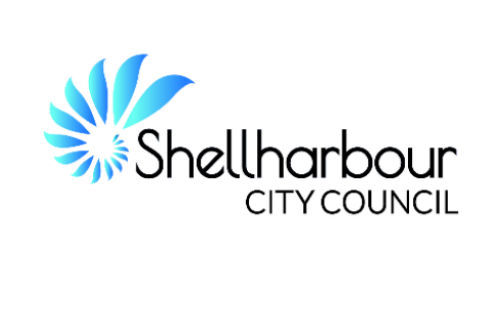
Beak & Johnston’s City Kitchens Case Study
CASE STUDY Aerofloat deemed ‘top of the list’ when it comes to wastewater treatment by Beak & Johnston. The Need Beak & Johnston needed a
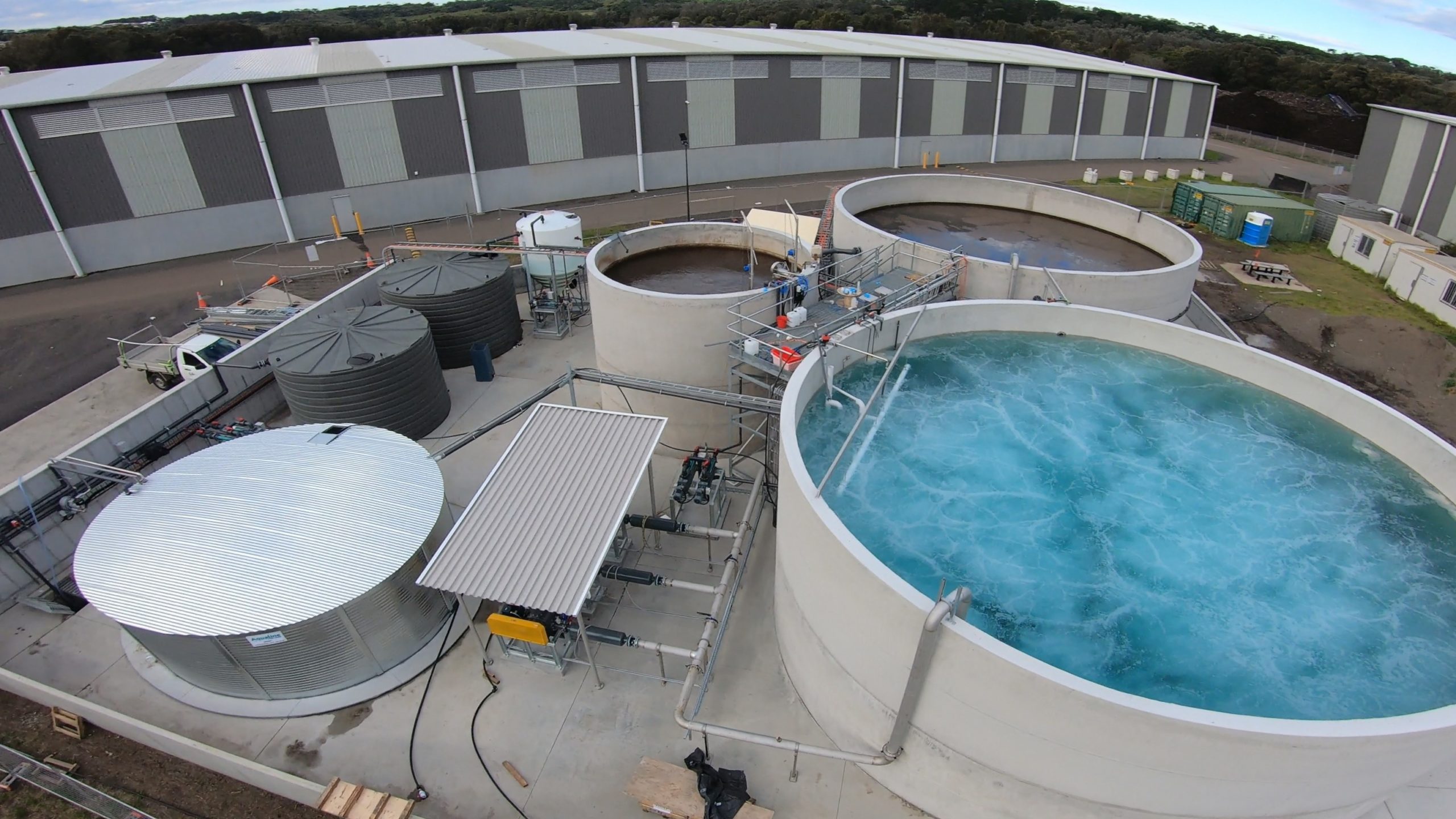
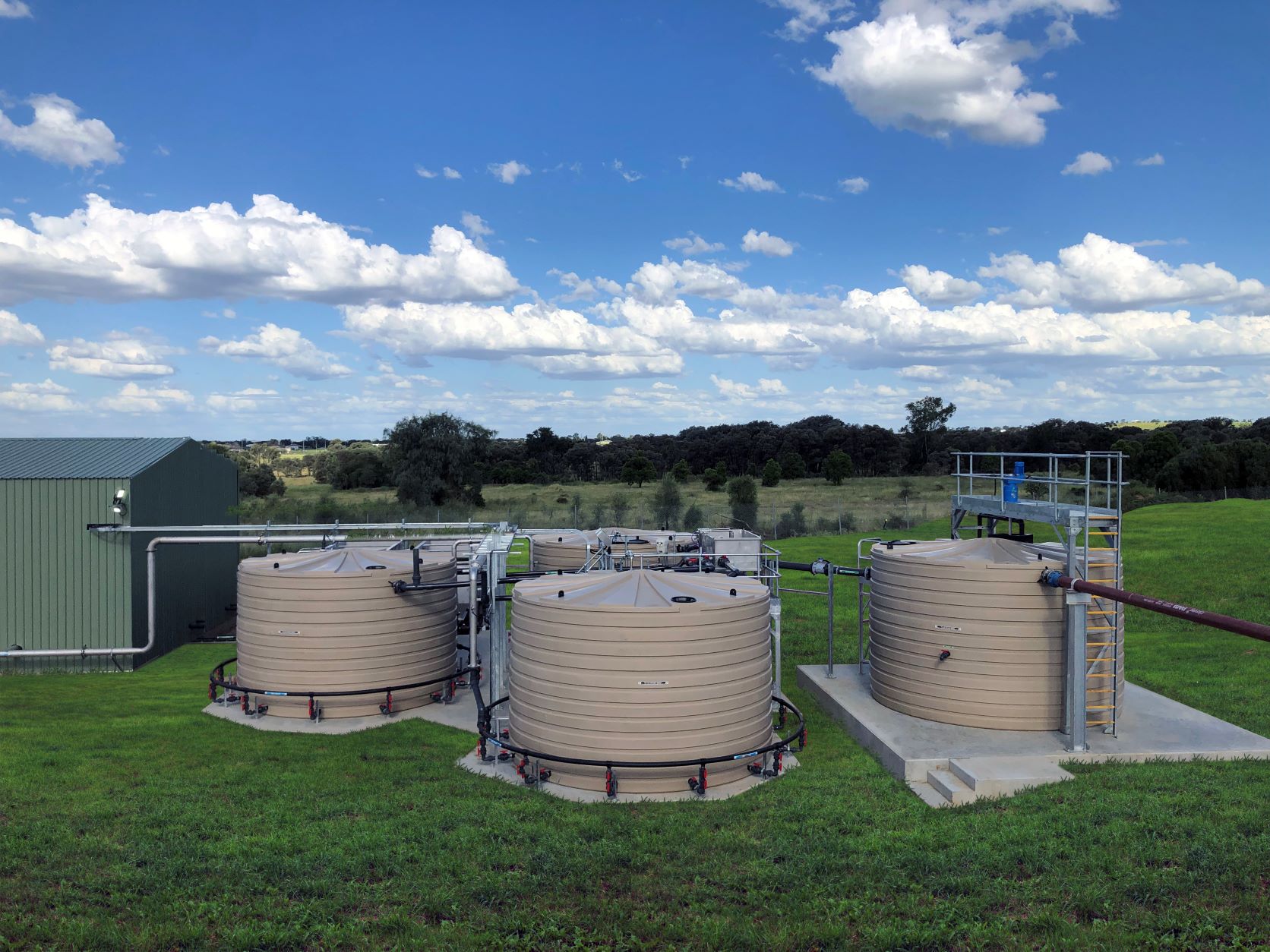
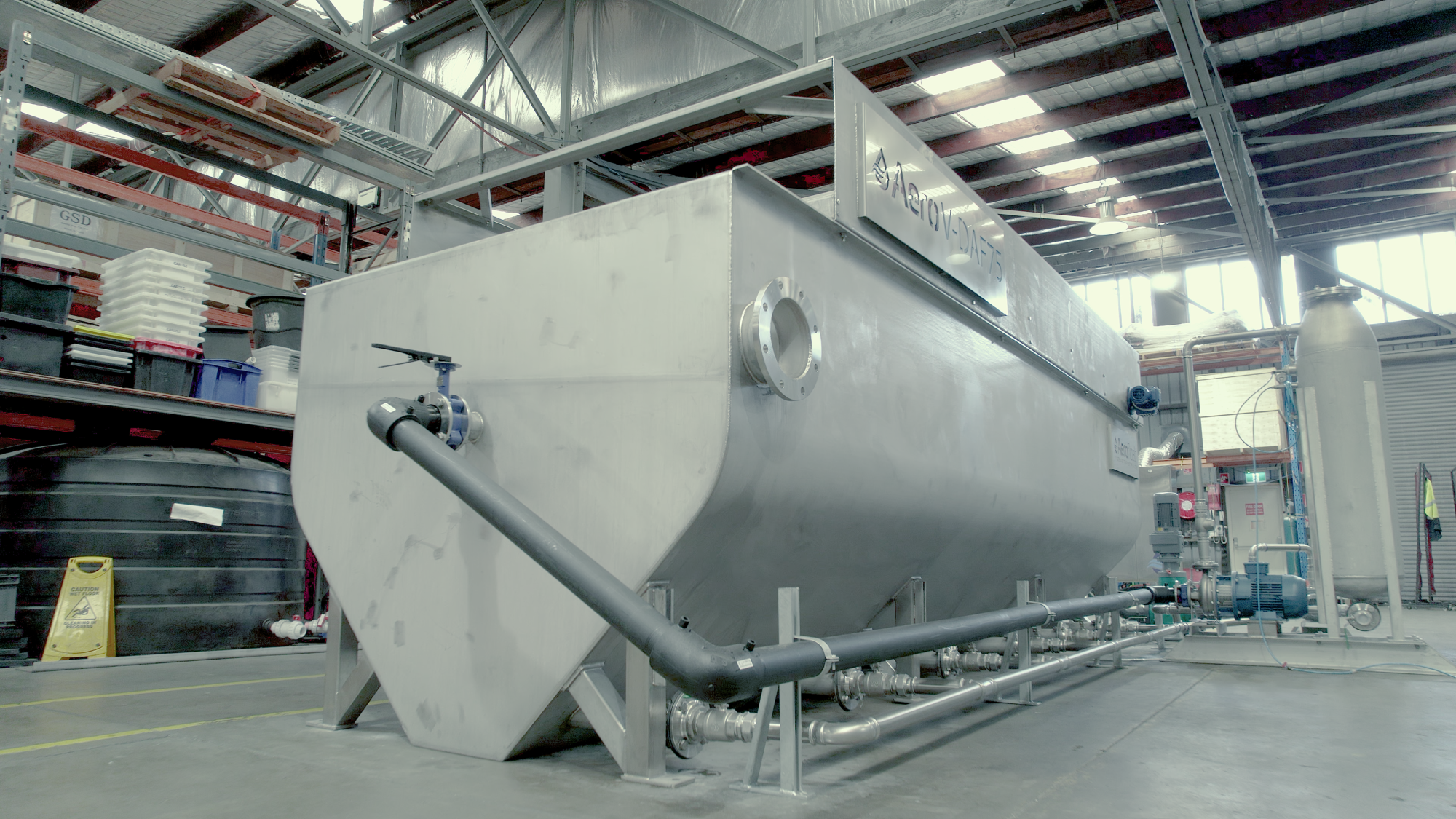
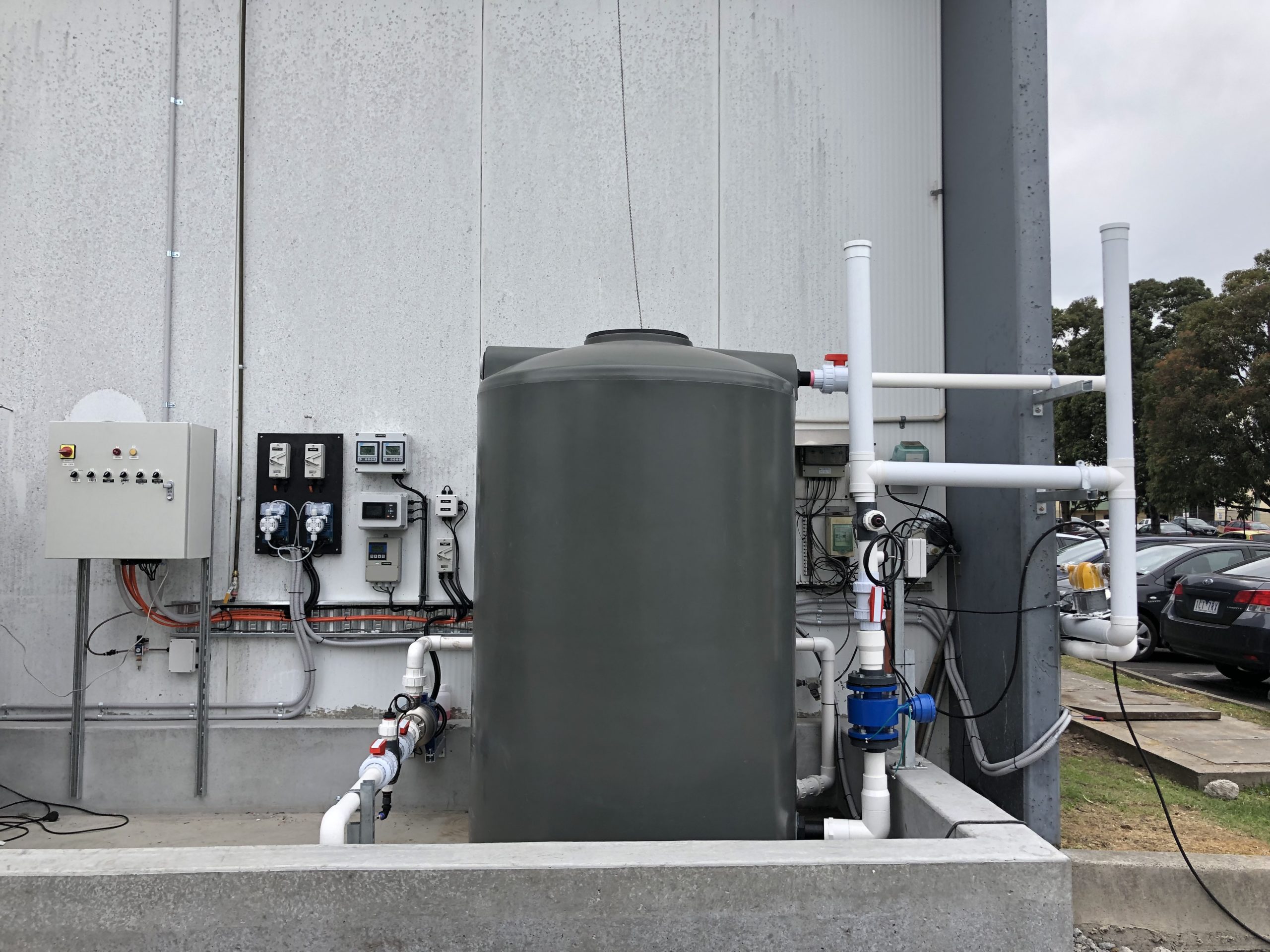
Polymer Processors required a solution to reuse its wash-water within the factory, for both economic and environmental reasons.
Aerofloat provided a wastewater treatment system utilising its patented Dissolved Air Flotation (AeroDAF) and patent pending Moving Bed Biofilm Reactor (AeroMBBR) technology. The high quality of the wastewater discharged by the Aerofloat system meant Polymer Processors could re-use its wash water in its plastics processing without any offensive odours present.
The solution provided a huge economic impact for Polymer Processors and also helped the company achieve its environmental goals.
Aerofloat’s wastewater treatment system provides superior wash-water that can be reused within the factory processing.
The company collects, cleans and recycles a significant variety of post-consumer and post-industrial plastic waste and processes it in a facility in Braeside, Victoria.
Expanding its plastic recycling business meant the installation of a new wash-water plant for Polymer Processors. This led to an increase in the soluble organic contaminants in the recycled wastewater. Being able to re-use the large volumes of water required for the washing process was vital to the economic and environmental impact of the business. The treated wastewater therefore had to be of a high quality to avoid any odours in the plastics being produced.

Aerofloat’s patent-pending Moving Bed Biofilm Reactor (AeroMBBR) and patented Dissolved Air Flotation (AeroDAF) technology proved the right choice for Polymer Processors. Aerofloat installed two AeroMBBRs and two AeroDAF M400s (featuring an automatic push-off mechanism).
So how does the technology behind Aerofloat’s design work?
The process starts in a large plastic tank, where the heavy grit materials are allowed to settle and the contaminated wash-water gravitates into an inlet pumping station. This leads on to a vibrating screen, the AeroMBBRs ( two 46,500L AeroMBBRs to break down the soluble contaminants) and two AeroDAF M400s (to separate the biosolids produced). The biosolids then fill the sludge tank where the sludge continues to thicken, and the clear supernatant reaches the inlet pumping station. The treated effluent is recycled to the wash-water tanks for further washing of plastic materials.
As part of the new wastewater treatment installation, Aerofloat also installed a remote monitoring system. The remote monitoring system allows Polymer Processor’s staff to remotely log onto the system, monitor the performance and changes in real time, and make any required adjustments. Staff can also request that Aerofloat’s engineers log on and make recommendations based on the system trends and performance.
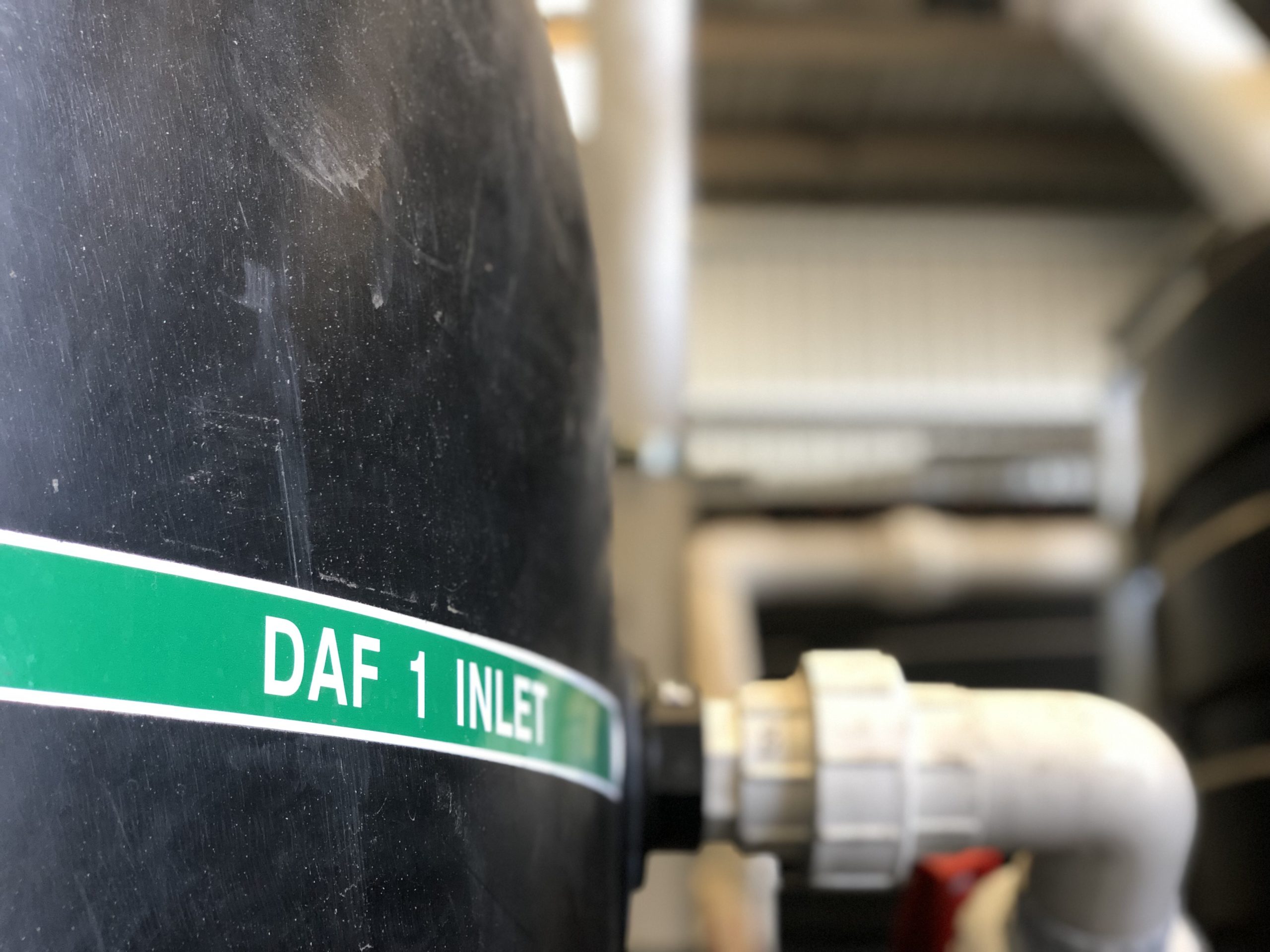
Aerofloat was able to seed the plant with biomass prior to practical completion, thereby enabling the biosolids to acclimatise. This fast-tracked the plant’s ability to treat and discharge effluent to sewer.
Aerofloat provided a cost-effective and workable leachate treatment solution at Dunmore Recycling and Waste Disposal Depot. The plant achieved results beyond the initial scope, managing peak loads of 2000mg/L of ammonia and still achieved strict Sydney water ammonia and nitrogen discharge limits.
Shellharbour City Council’s Project Manager, James Brumpton, said that Aerofloat exceeded expectations – allowing Council to make strong financial savings earlier than expected.
“Aerofloat exceeded expectations on this project and delivered ahead of schedule. They brought forward hot commissioning of the plant so we could start treating leachate sooner, which which reduced our operating costs earlier than expected,” said Brumpton.
Aerofloat’s execution of the project and its ability to help Council to continue to save on costs ensured terrific feedback from Shellharbour City Council.
“As part of the process of assessing contractors at the completion of each project Aerofloat certainly scored highly – often exceeding expectations on those criteria,” said Brumpton.
Aerofloat’s engineers continued to support the relationship well beyond the capital project by maintaining the plant and offering ongoing chemical supply.
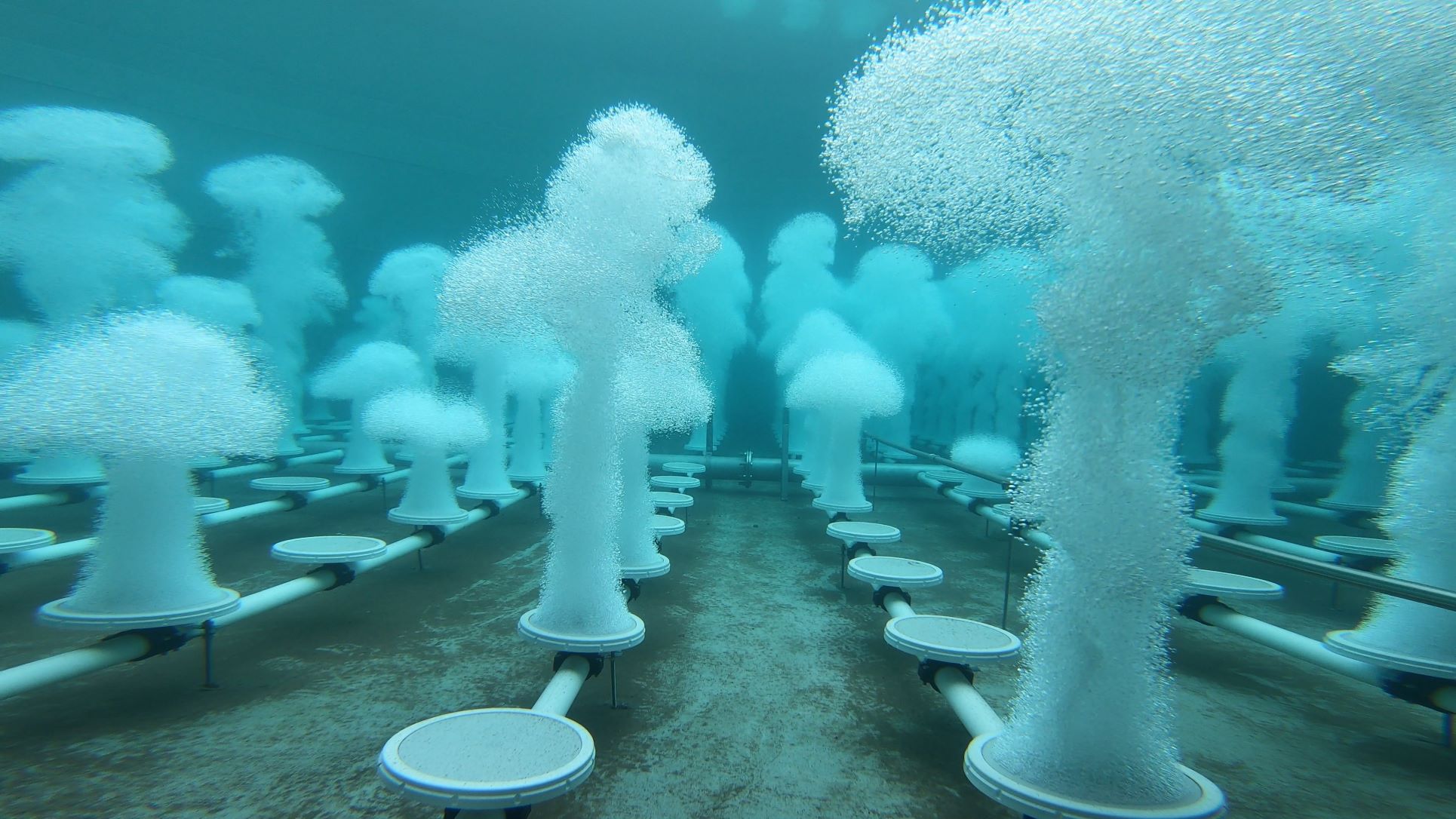

CASE STUDY Aerofloat deemed ‘top of the list’ when it comes to wastewater treatment by Beak & Johnston. The Need Beak & Johnston needed a
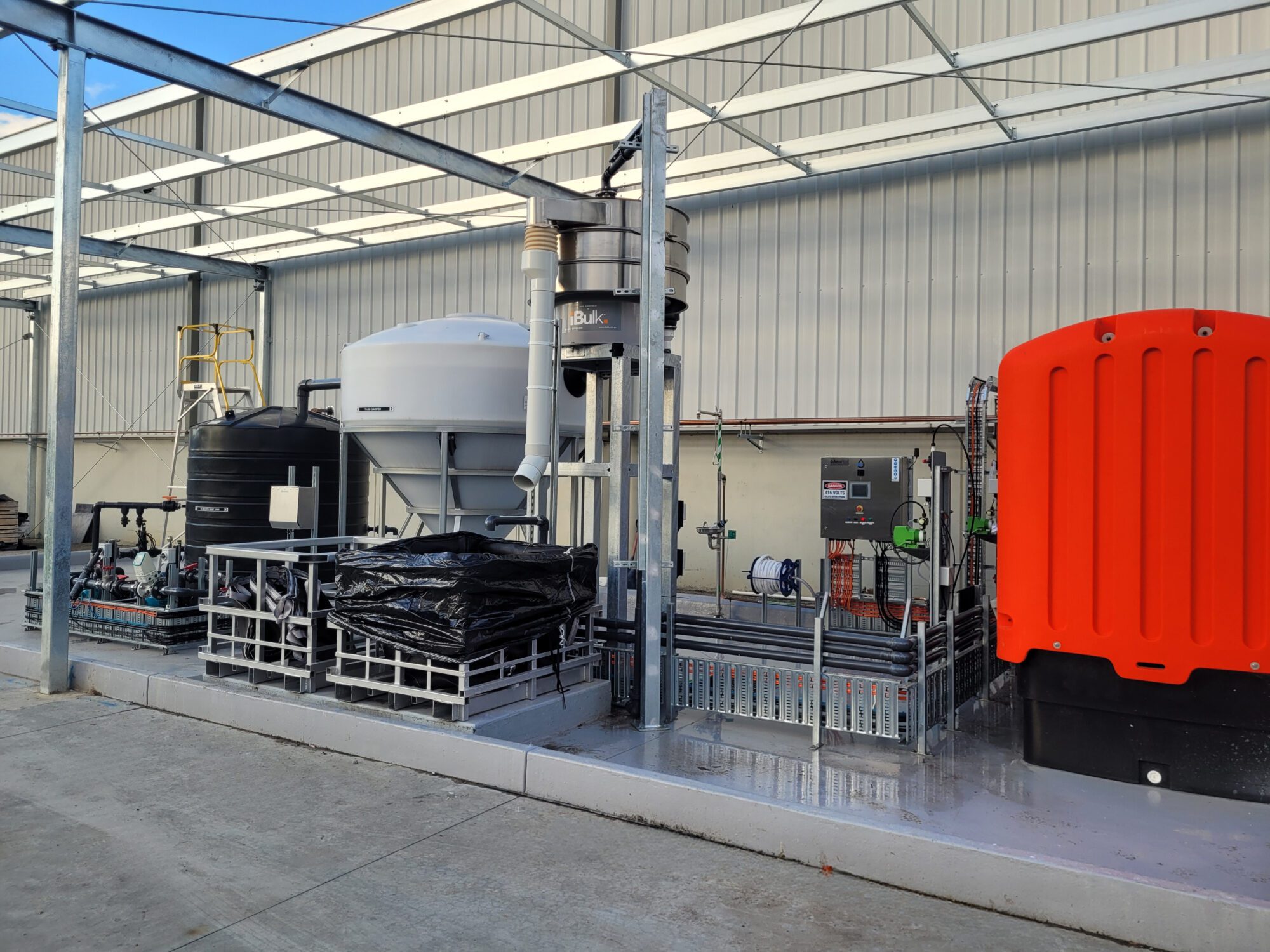
CASE STUDY Aerofloat was contracted to provide an upgrade to the existing plastics recycling wastewater treatment facility to meet growth at the site. The Need
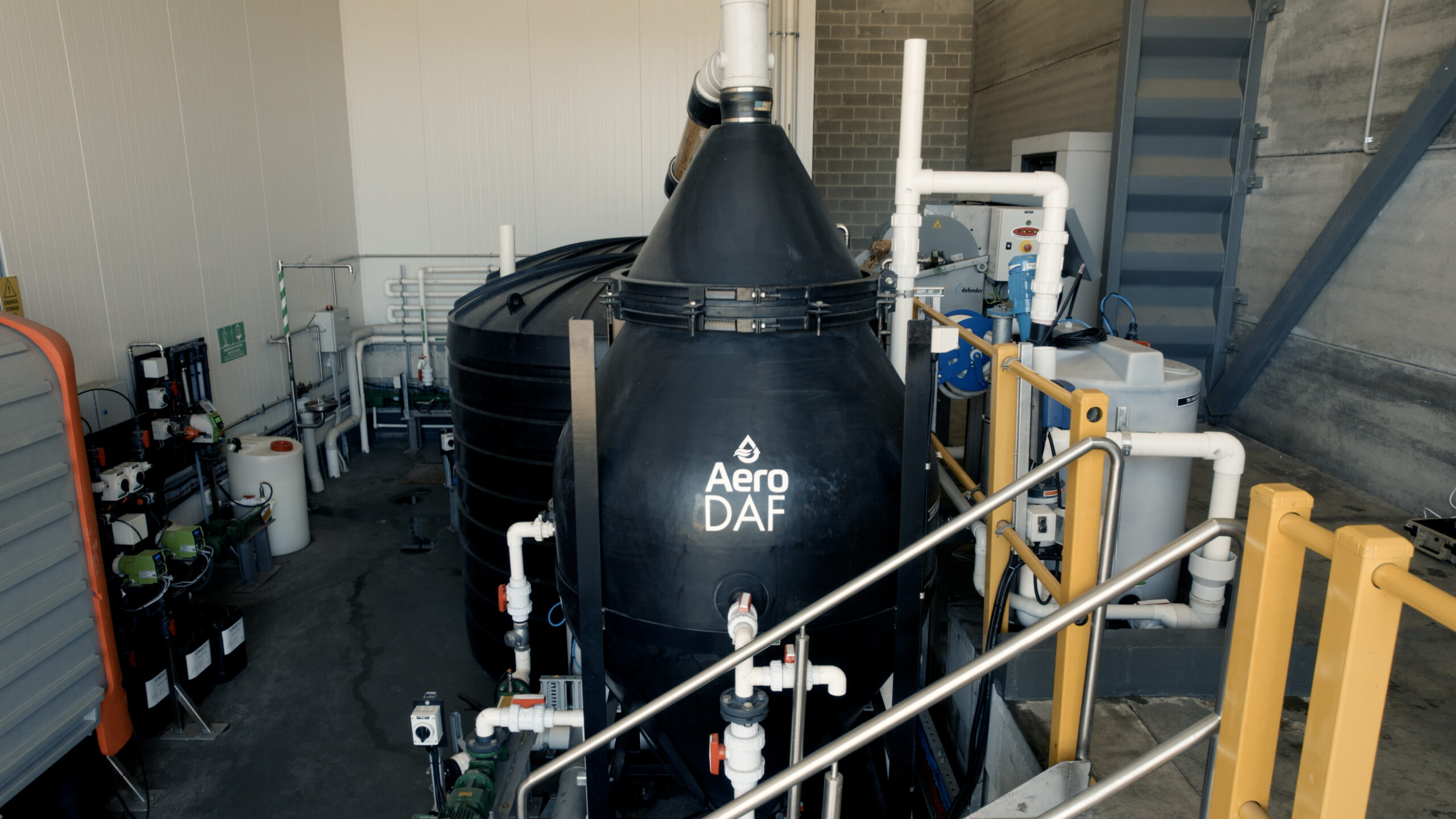
Meat manufacturer Meyer Food Co. utilised Aerofloat’s AeroDAF to ensure compliancy for its meat processing facility.




